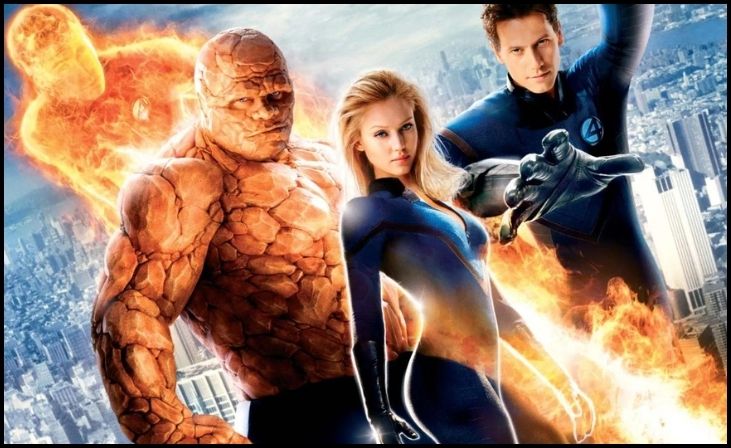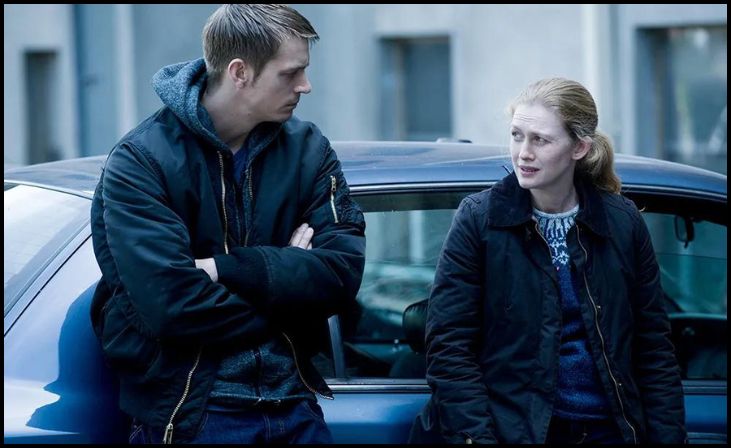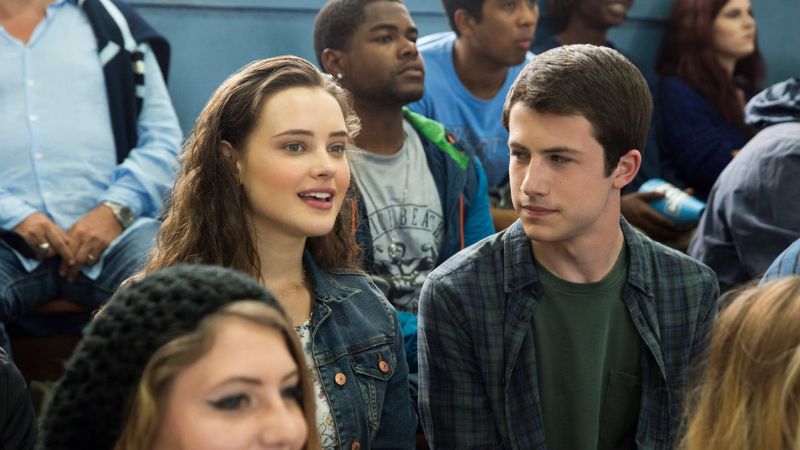Television series often start with a promising premise, hooking viewers with engaging characters and compelling stories. However, not all shows manage to maintain their initial allure, leading to a decline in quality as seasons progress. This list explores nine popular TV shows that, despite their initial success, arguably should have been canceled after their first season. These examples showcase how stretching a series beyond its natural lifespan can dilute its original charm and leave audiences wishing for a more concise, impactful narrative.
1. Heroes

“Heroes” debuted with an intriguing concept—ordinary people discovering extraordinary abilities. The first season was a hit, marked by complex characters and a captivating plot that had viewers on the edge of their seats. However, subsequent seasons failed to live up to the high expectations set by the premiere, with convoluted storylines and inconsistent character development. The show seemed to lose direction, turning what could have been a succinct and memorable single-season show into a drawn-out disappointment that struggled to recapture its initial brilliance.
2. Prison Break
“Prison Break” was initially riveting, featuring a man deliberately getting himself imprisoned to help his wrongfully convicted brother escape. The first season was tightly plotted with tension and dramatic twists. However, after the initial breakout, the series struggled to find a compelling direction, resorting to increasingly unbelievable scenarios. The magic of the first season’s focused storyline was lost in the repetitive cycles of escape and capture that followed, suggesting that a single season might have made a more powerful and contained narrative.
3. Lost
While “Lost” gathered a massive following with its mysterious island and complex puzzles, the first season stood out as its peak. It expertly combined character development with mystery. As the series continued, the plot became overly complicated, introducing numerous ambiguous elements that were never satisfactorily resolved. The initial simplicity and intrigue of the survivors’ plight gave way to a sprawling narrative that many felt was unnecessarily dragged out over six seasons.
4. Glee

“Glee” started as a fresh and vibrant musical series that tackled social issues with humor and heart. The first season was both entertaining and poignant, capturing the struggles and triumphs of high school students. However, as the series progressed, it became a caricature of itself, with storyline inconsistencies and a focus on sensationalism over character development. The charm and relatability of “Glee” diminished, suggesting that a single, strong season might have been a wiser choice.
5. True Detective
“True Detective’s” first season was lauded for its intellectual depth, complex characters, and atmospheric storytelling. However, the anthology series’ subsequent seasons couldn’t capture the same magic, with season two facing particularly harsh criticism for its convoluted plot and lackluster dialogue. The strength of the initial season’s self-contained narrative highlighted that not every successful show needs to extend beyond its first outing.
6. Quantico
“Quantico” began with a compelling premise centered around FBI recruits, which quickly turned into a hit due to its blend of personal drama and thriller elements. However, the series faltered in its later seasons, with overly complex plots and twists that seemed to prioritize shock value over coherent storytelling. The quality and clarity of the first season were overshadowed by the subsequent decline, making a case for a concise, one-season run.
7. The Killing

“The Killing” started as a gripping crime drama focused on a single murder case, stretched across an entire season. This format worked initially, creating suspense and depth. However, the decision to extend unresolved plotlines into a second season frustrated viewers expecting a resolution, leading to a significant drop-off in viewer engagement and satisfaction. The show could have been remembered more fondly had it wrapped up its central mystery in the first season.
8. Scream Queens
“Scream Queens” combined horror and comedy in a unique blend that initially captured viewers’ interest. The first season was campy and fun, providing a self-aware critique of horror tropes. However, the second season failed to deliver the same cleverness and charm, feeling redundant and uninspired. The initial concept was sufficient for a single-season run, after which it felt like the series was stretching its content thin without adding value.
9. Under the Dome
Based on Stephen King’s novel, “Under the Dome” started strong with a fascinating premise and the potential for deep exploration of societal dynamics under stress. However, the series quickly deviated from its source material, leading to a loss of direction and a decline in narrative quality. The show became bogged down in repetitive plot lines and unconvincing character arcs, demonstrating a case where a concise, single-season adaptation might have better served the original story’s strength.
Conclusion
While television shows often aim to capitalize on their success by extending into multiple seasons, not all benefit from a prolonged run. The shows listed above exemplify how a strong start does not always guarantee subsequent success. In many cases, a single, well-crafted season could provide a more satisfying and enduring legacy. For creators, the challenge lies in balancing the desire for continuation with the need to maintain quality and respect the integrity of the original concept.




